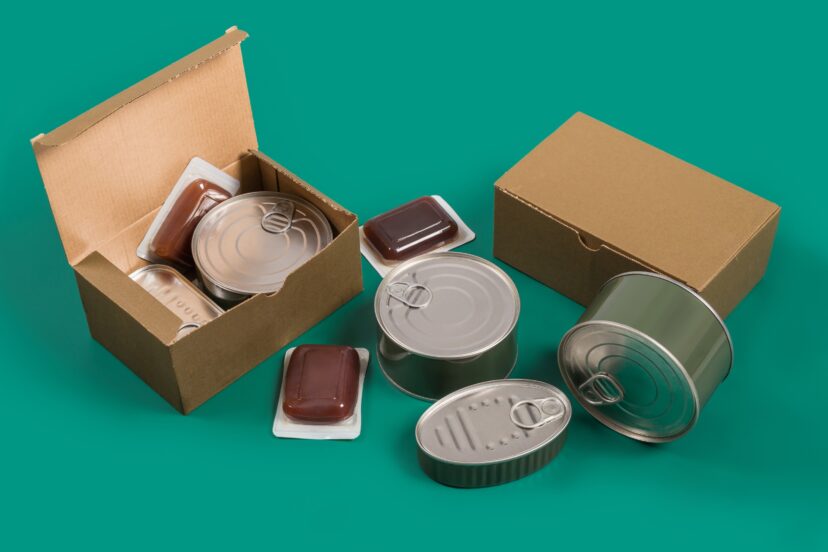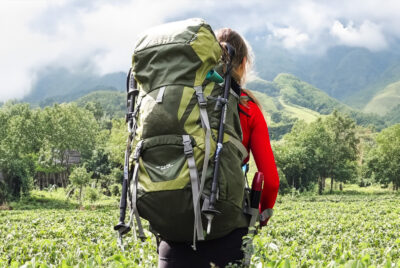Nutrient Survival: A Prepper’s Guide
As an avid survival enthusiast, I can’t stress enough the importance of nutrient survival. So, what’s this concept all about, you may ask?
Understanding the Concept of Nutrient Survival
Nutrient survival, in the simplest terms, refers to the notion of maintaining an optimal intake of essential nutrients in survival situations. These can be extreme circumstances like natural disasters, where regular food supplies are cut off. Now, why is it important?
The Importance of Nutrition in Survival Situations
First off, our bodies are like complex machines that require certain ‘fuel’ to operate efficiently. This ‘fuel’ is the nutrients we get from food. Without adequate nutrition, our bodies may fail to perform essential functions, and in survival situations, this can mean the difference between life and death.
The Basics of Nutrient Survival
At its core, nutrient survival revolves around two crucial components: macronutrients and micronutrients. Together, they form the building blocks of our diet and play a critical role in ensuring our body’s functionality.
Vital Nutrients for Nutrient Survival
Macronutrients: Proteins, Carbs, and Fats
Macronutrients are the nutrients we need in large amounts. They include proteins, carbohydrates, and fats, each serving its unique purpose.
The Role of Proteins in Nutrient Survival
Proteins are essential for growth and repair. They help heal wounds, build muscle tissue, and are vital for a healthy immune system. That’s why a source of protein should always be part of your survival kit.
Carbs: The Quick Energy Suppliers
Carbohydrates, especially complex carbs, are our body’s main energy suppliers. They’re quickly turned into glucose, which your body uses for immediate energy.
Fats: The Long-term Energy Source
Fats, while often demonized, are actually essential for survival. They provide a long-lasting energy source and help absorb vitamins. Also, they keep us satiated, which can be a mental lifesaver in survival situations.
Micronutrients: Vitamins and Minerals
While needed in smaller amounts, micronutrients are just as crucial. They’re the vitamins and minerals that help regulate body functions and prevent deficiencies.
Importance of Vitamins
From boosting the immune system (vitamin C) to maintaining good vision (vitamin A), vitamins play numerous roles in our body. Lack of them in a survival situation can lead to various health problems.
Essential Minerals for Nutrient Survival
Minerals like iron, potassium, and calcium are vital for functions such as oxygen transportation, fluid balance, and bone health respectively. Without them, survival could become a lot more challenging.
Storing Nutrient Survival-Rich Foods for Emergencies
Food Items to Include in Your Survival Kit
A survival kit should include a variety of foods, each serving a unique nutritional purpose. For example, canned meats can supply proteins, whole grain items can provide complex carbs, and nuts are a great source of healthy fats. Don’t forget fruits and veggies for a vitamin and mineral boost.
Preserving Nutrient Value in Stored Foods
It’s important to store foods in a way that preserves their nutrient value. This includes proper sealing and temperature control. Also, remember to rotate your stock to ensure food freshness.
Conclusion
Nutrient survival is an essential part of prepping that often gets overlooked. But, as I’ve laid out in this guide, maintaining optimal nutrition could be what keeps you going in survival situations. So, consider your nutrient needs when assembling your next survival kit. It’s not just about surviving, it’s about thriving!
Frequently Asked Questions
Why is nutrient survival important?
Nutrient survival is essential as it ensures our bodies can function correctly in survival situations by providing the necessary fuel, i.e., nutrients.
What nutrients are most important in survival situations?
Both macronutrients (proteins, carbohydrates, fats) and micronutrients (vitamins, minerals) are vital. They each serve unique roles in maintaining body functions.
What food items should I include in my survival kit?
Include a variety of foods like canned meats for protein, whole grains for carbs, nuts for fats, and fruits and veggies for vitamins and minerals.
How can I preserve the nutrient value of stored foods?
Preserve nutrient value by storing foods correctly, with proper sealing and temperature control. Also, rotate your stock to maintain freshness.
Does fat have a place in survival nutrition?
Absolutely! While often misunderstood, fats are an essential long-lasting energy source and help with vitamin absorption. They also keep us satiated in survival situations.
Sources of Reference
CDC: Nutrition, Physical Activity, and Obesity: Data, Trends and Maps – This page from the Centers for Disease Control and Prevention (CDC) provides comprehensive information about the importance of nutrition in maintaining health and well-being.
Harvard Health Publishing: The truth about fats: the good, the bad, and the in-between – This article from Harvard Medical School explores the role of fats in our diet, debunking common misconceptions and explaining the importance of healthy fats for bodily functions and energy supply.
National Institute of Health: Dietary Supplements for Exercise and Athletic Performance – This page provides scientific information on the role of various nutrients (proteins, carbs, fats, vitamins, and minerals) in enhancing physical performance, which could be analogous to survival situations.
United States Department of Agriculture: Food Storage and Preservation – This resource from the USDA offers detailed guidance on how to store and preserve food to maintain its nutrient content, which aligns well with the section of the article discussing preserving nutrient value in stored foods.




